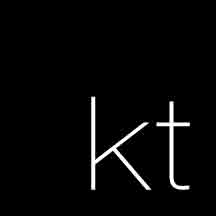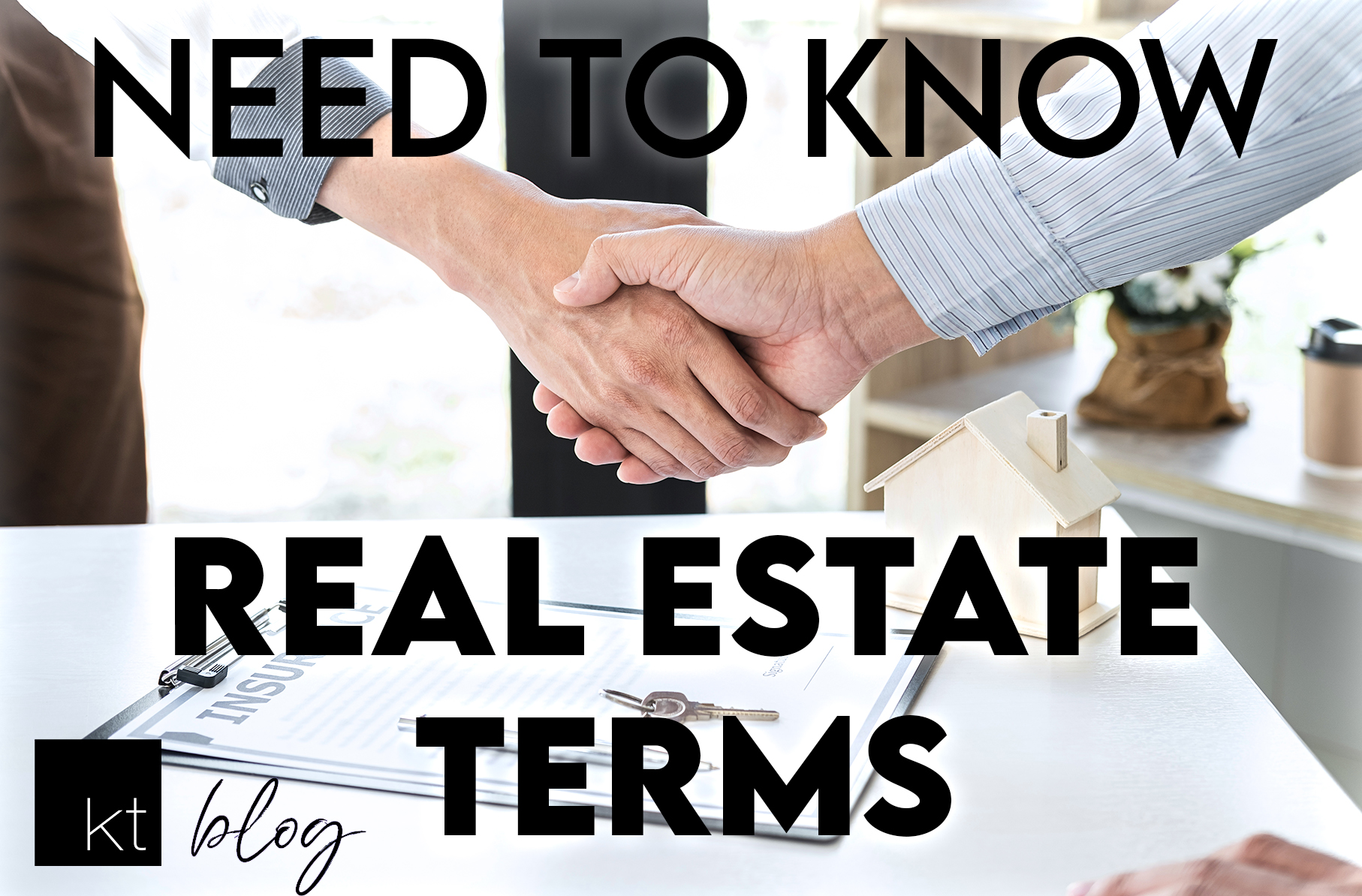Need-to-Know Real Estate Terms for Home Buyers & Sellers
Whether you are buying or selling, there are many terms used in Real Estate agreements and documents that you should know and understand. Having this knowledge will ensure you are confident and comfortable throughout the process. Like any other document you sign, always read it thoroughly, and ask your realtor to explain if there is any confusion. Real Estate agreements are legally binding, do not make the mistake of not reading and fully comprehending the information included before signing your name.
Amortization: Length of time over which the debt (mortgage) will be repaid to zero.
Conditional Offer: An Agreement to Purchase that is subject to specified conditions. There will be a time when the condition(s) must be met. A condition could be the arrangement of a mortgage, for example.
Vendor: The seller of a property.
Property Taxes: A tax charged by the local municipality. Municipalities assess their property tax rates annually.
Agreement to Purchase: A written contract that describes the terms under which the buyer agrees to buy the home.
Mortgage: A loan used to purchase a house, land, and other property types. The borrower agrees to pay the lender over time in regular payments, and the property serves as collateral to secure the loan.
Mortgagee: The lender providing the mortgage loan.
Mortgage Broker: A Mortgage Broker’s job is to find you a mortgage lender with terms and rates that will work best for you.
Interest Rate: The price paid for the use of money borrowed from a lender.
Lien: A claim against a property for money owing. A contractor can apply for a lien against a property where the contractor provided services but has not received payment.
Completion Day: Also known as the closing day. The money is transferred from the buyer to the seller on this day. Also, the sale of the property becomes final, and the new owner takes the home title.
Easement: A nonpossessory right to use and enter onto the property of another without possessing it.
Down Payment: A down payment is a sum of money a buyer pays in the early stages of purchasing a home. It represents a portion of the total purchase price, and the buyer will often take out a loan to finance the remainder.
Deposit: Also referred to as earnest money or consideration, the deposit is money paid by the buyer within twenty-four hours of an Accepted Offer unless otherwise stated in the Agreement of Purchase and Sale. It represents a buyer’s good faith to buy a home. The money is placed in Trust until the sale is complete –Find out what happens if a buyer doesn’t provide the deposit!
Closing Costs: In addition to the purchase price of the home, there are other fees, such as legal fees, transfer fees and disbursements. These fees are payable on the closing day. They can range from 1.5% to 4% of a home’s selling price and are calculated by your Real Estate Lawyer.
Appraisal: The appraisal is a process for estimating the market value of a property. This job is done by a certified appraiser usually hired by the bank or other lender.
Counter Offer: If your original offer is not accepted, the seller may make an amendment, such as the price or closing date.
Deed: A legal document that conveys or transfers interest in a piece of land from one party to another.
Equity: The difference between what you owe on your mortgage and what your home is currently worth. If you owe $400,000 on your mortgage and your home is worth $850,000, you have $450,000 of equity in your home.
If the term you’re looking for isn’t described here or you’d like help navigating the process of buying or selling your next home, give me a shout!





